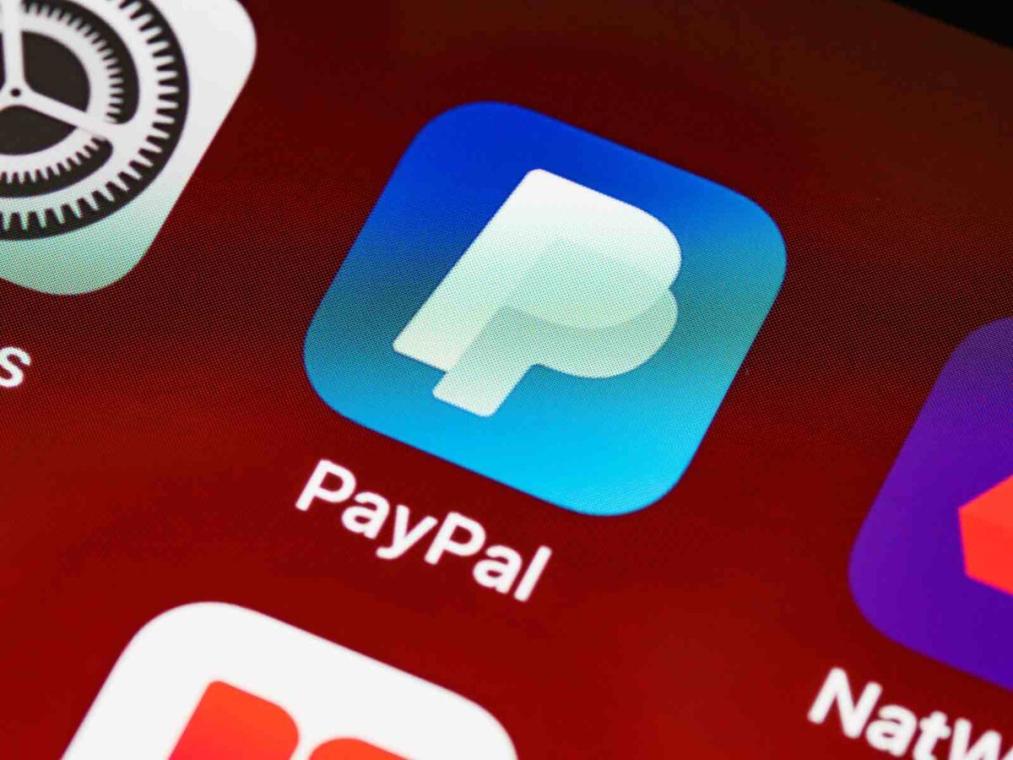PayPal Money Transfer Security: Ensuring the Safety of Your Transactions
In today's digital age, the convenience of online money transfers has become indispensable. However, with the increasing reliance on digital platforms, concerns about security and fraud have also intensified. PayPal, one of the leading online payment platforms, has taken significant steps to ensure the safety and security of its users' transactions. This article delves into PayPal's robust security infrastructure, key security features, and practical tips for users to enhance the security of their PayPal transactions.

Understanding PayPal's Security Infrastructure
Robust Encryption And Fraud Detection Systems
PayPal employs robust encryption technologies to protect user data and transaction information. All sensitive information, including financial details and personal data, is encrypted using industry-standard encryption algorithms. Additionally, PayPal's advanced fraud detection systems continuously monitor transactions for suspicious patterns and anomalies, helping to identify and prevent fraudulent activities.
Compliance With Industry Standards
PayPal adheres to stringent industry standards and regulations to ensure the highest levels of security. The platform is compliant with the Payment Card Industry Data Security Standard (PCI DSS), which mandates stringent security measures for handling and storing cardholder data. PayPal's compliance with PCI DSS demonstrates its commitment to protecting user information and maintaining a secure payment environment.
Key Security Features Of PayPal
Two-Factor Authentication (2FA)

PayPal offers two-factor authentication (2FA) as an additional layer of security for user accounts. With 2FA enabled, users are required to provide a second form of identification, such as a one-time password (OTP) sent to their mobile device, in addition to their password when logging in or making transactions. This significantly reduces the risk of unauthorized access to user accounts.
Address Verification System (AVS)
PayPal utilizes the Address Verification System (AVS) to verify the billing address provided by the cardholder matches the address associated with the card-issuing bank. This helps prevent fraudulent transactions by ensuring that the cardholder is the legitimate owner of the card being used.
Card Security Code (CSC)
PayPal requires users to enter the Card Security Code (CSC), also known as the CVV or CVC code, when making payments. The CSC is a three- or four-digit security code printed on the back of credit and debit cards. This additional verification step helps protect against unauthorized transactions and card-not-present fraud.
Buyer And Seller Protection Policies
PayPal offers comprehensive buyer and seller protection policies to safeguard users from fraud and unauthorized transactions. These policies provide recourse for users in case of unauthorized purchases, item not received, or significantly not as described disputes. PayPal's protection policies help build trust and confidence among users, knowing that they are protected in the event of any issues.
Encrypted Communication Channels
PayPal employs encrypted communication channels to protect data transmitted between users and PayPal's servers. This encryption ensures that sensitive information, such as financial details and personal data, is protected from eavesdropping and interception during transmission.
Practical Tips For Secure PayPal Transactions
- Use Strong Passwords and Change Them Regularly: Create strong passwords that include a combination of uppercase and lowercase letters, numbers, and symbols. Avoid using easily guessable passwords or personal information. Change your password regularly to minimize the risk of unauthorized access.
- Enable 2FA for Added Protection: Activate two-factor authentication (2FA) for your PayPal account to add an extra layer of security. With 2FA enabled, you will be required to provide a second form of identification, such as an OTP sent to your mobile device, when logging in or making transactions.
- Verify the Recipient's Email Address Before Sending Money: Before sending money, carefully verify the recipient's email address to ensure it matches the intended recipient. Be cautious of emails or messages requesting money transfers to unfamiliar or unverified email addresses.
- Be Cautious of Phishing Emails and Suspicious Links: Phishing emails and suspicious links are common methods used by scammers to trick users into revealing personal and financial information. Be vigilant and avoid clicking on suspicious links or opening attachments from unknown senders. Always access PayPal's website directly by typing the URL in your browser's address bar.
- Keep Personal and Financial Information Confidential: Never share your PayPal password, financial details, or personal information with anyone, including friends, family members, or online sellers. PayPal will never ask for your password or sensitive information via email or phone.
- Review Transaction Details Carefully Before Confirming: Before confirming a transaction, carefully review the details, including the recipient's name, amount, and purpose of the transfer. Ensure that the information is accurate and matches your intended transaction.
Recognizing And Reporting Suspicious Activity
It is important for users to be vigilant and recognize signs of suspicious activity related to their PayPal transactions. Some common red flags include:
- Unauthorized transactions appearing on your account statement
- Emails or messages requesting personal information, such as your password or financial details
- Requests to send money to unfamiliar or unverified recipients
- Pressure to act quickly or urgently, creating a sense of urgency to complete a transaction
If you encounter any suspicious activity, report it immediately to PayPal's customer support team. PayPal has dedicated channels for reporting suspicious activity, and their team will promptly investigate and take appropriate action to protect your account and funds.
PayPal takes the security of its users' transactions very seriously. The platform's robust security infrastructure, key security features, and practical tips for users provide multiple layers of protection to ensure the safety and integrity of PayPal transactions. By adopting secure practices, staying vigilant, and reporting any suspicious activity promptly, users can further enhance the security of their PayPal transactions and protect themselves from fraud and unauthorized access.
YesNo

Leave a Reply